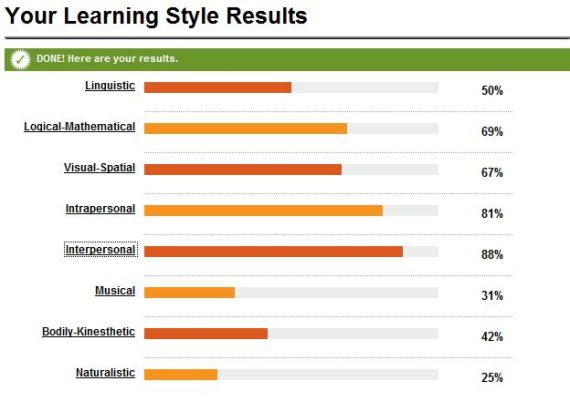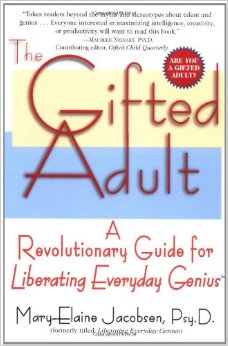I would like to start with a video showing an excerpt of Bill Clinton speaking on lifelong learning. The entire transcript can be found here:
But this is an incredible thing that the most important thing I learned is that it’s important to keep on learning. That you should stay hungry and that the greatest gift can be even as your body begins to fail if your minds still working you need to use it.
The new modes of learning which are available to us today could not have been imagined when I was a child. There was no world wide web for public use. The most mobile way of making a lot of information available to a lot of people were by mobile libraries, cassette tapes, floppy disks, or VHS tapes.
It is difficult for me to feel completely competent with distance learning. I would not be capable of sitting around with only some online quizzes and downloadable information handouts. Why? Because my learning style is nearly 90% interpersonal and 80% intrapersonal. I learn best by observing people and interacting with them rather than hearing, reading, seeing, or acting something out. I like to argue, question, and debate. For me personally, if I am learning something I put it to the test until I feel it. These are my results from a multiple intelligences assessment from Edutopia:
I found online classes out of curiosity about what they were like. I also felt that they were good trials for me to test whether or not I would like to consider certain disciplines if I were to get a masters degree. The options for certification can be good for resumes and LinkedIn.
I like the courses from Coursera because there are videos of the professors talking. Some of them are looking far off into the corner of the screen, talking in monotone, or reading from a paper and I usually drop their courses because they don’t seem personable for me. I found a professor who was dynamic, added humor, looked directly at the screen, and talked in natural conversational style, Michael Kerns, Professor and National Center Chair Department of Computer and Information Science of the University of Pennsylvania. I found that his lectures and the terms he presented were more memorable for me. My course dashboard on Coursera right now includes Introduction to Sustainable Development from Columbia University, Personal & Family Financial Planning from University of Florida, Networked Life from University of Pennsylvania, and Introduction to Financial Accounting from University of Pennsylvania. These are all free of charge.
For me personally, I felt like these options could be my second chance to do what I’m interested in doing. Although my education was better than most, from the University of California Riverside, I felt that I wasn’t given so much of a chance to explore or work with an academic adviser who was invested in my development. In lieu of the academic adviser I never had at UCR, I can be a free agent. Instead of having to wake up in the morning and sit at my computer at 6:58am to tap the F5 button to refresh the course registration page when it opens up at 7:00am or be doomed to taking filler courses that weren’t needed for my chosen discipline or any other reason, I can go into whatever I want or get out if I don’t like it. The classes never close, they’re never canceled. I am never wait-listed. I can learn at my own pace.
Discussion boards give the enrolled mates a chance to discuss ideas or get to know one another. The professors often add a syllabus, tips, advice, video lectures, quizzes, and downloadable readings. You can do what you want. Keep it or drop it. Go find something else. Learn what you want to learn. Autonomy is the key feature of distance learning.
FutureLearn has free courses from British higher learning institutions. OpenLearn offers free courses from The Open University. I have been brushing up on math from Khan Academy.




